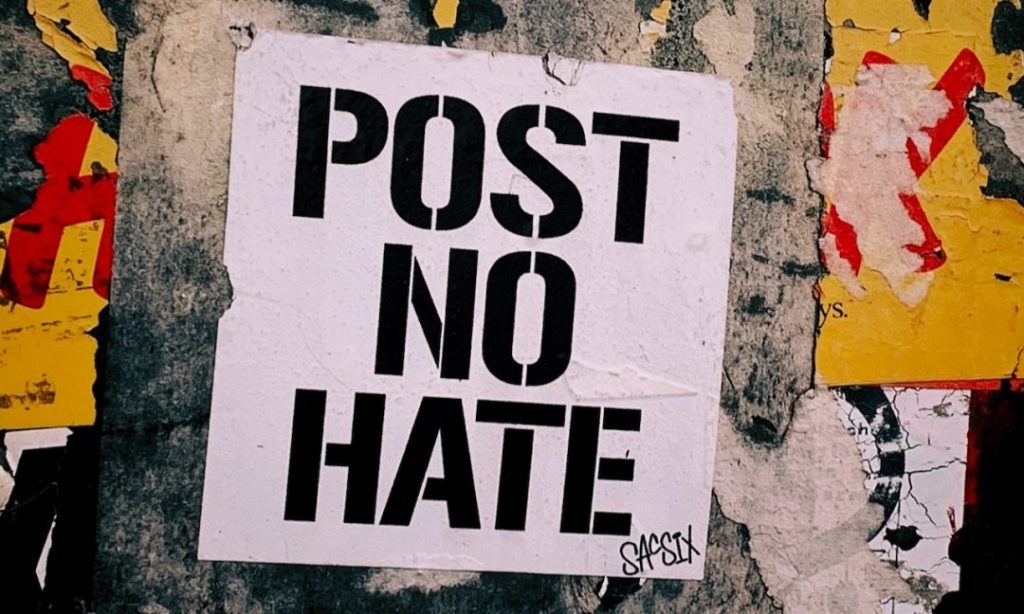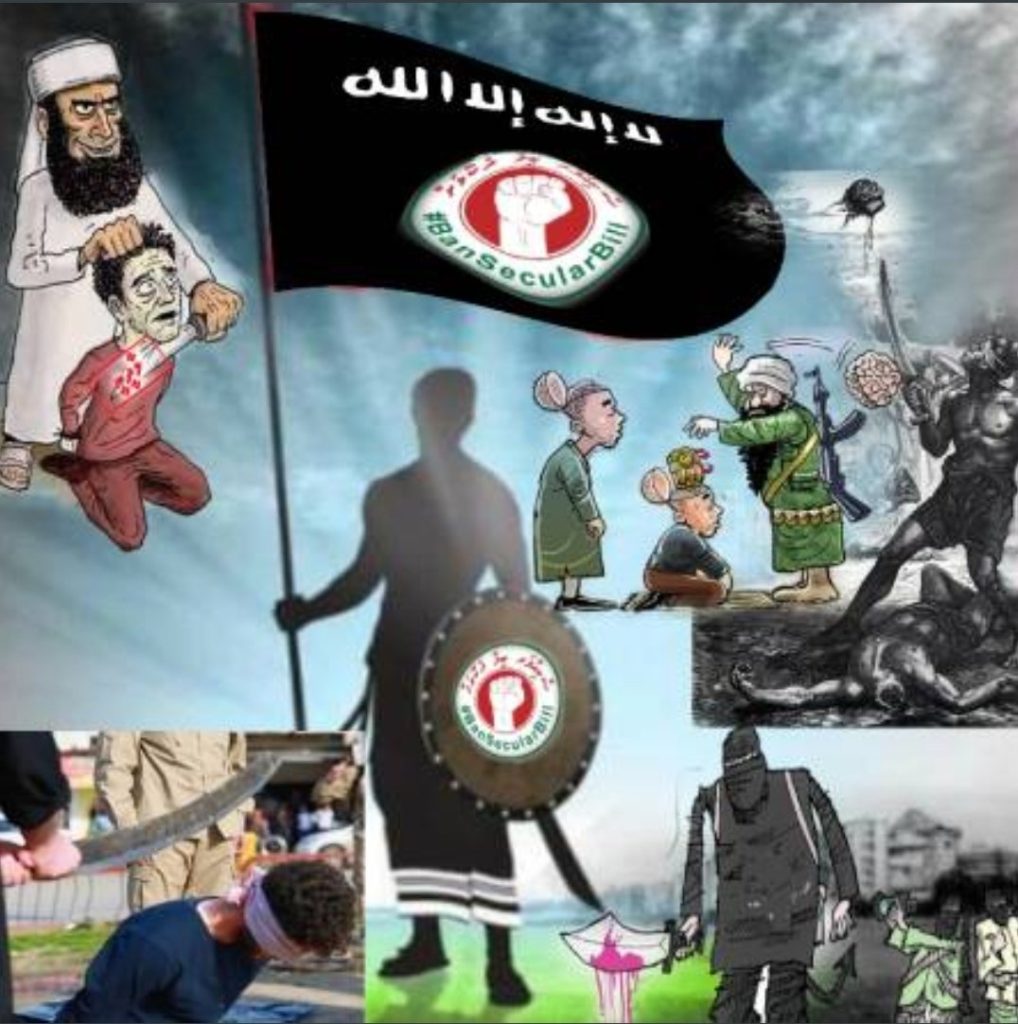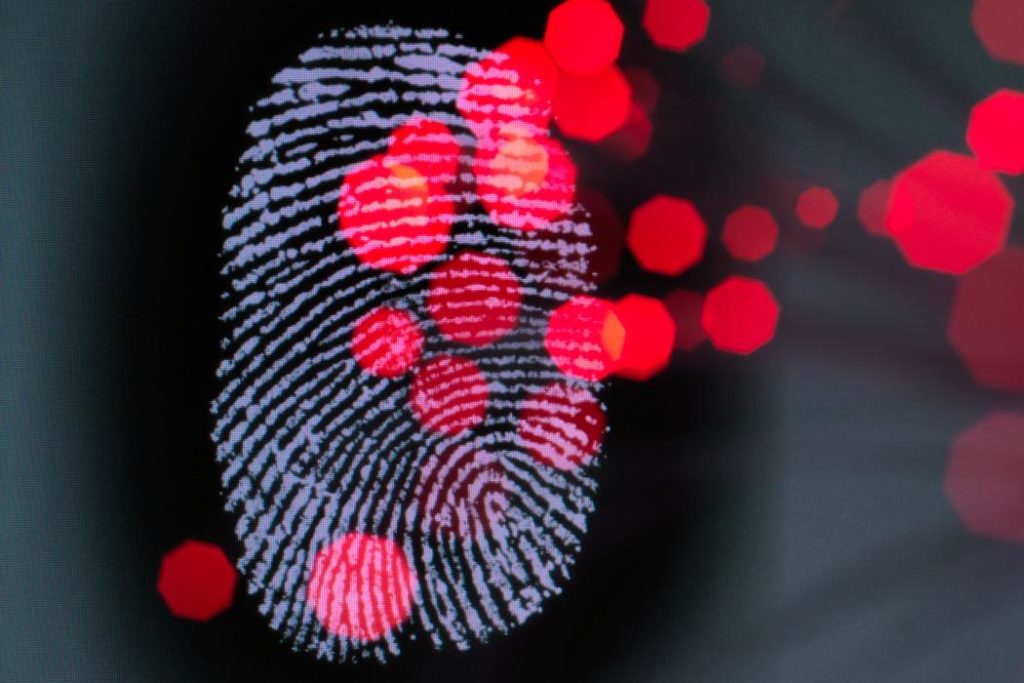Criminalising Takfiri speech in the Maldives

by Mushfiq Mohamed
Less than a month after the bomb blast in one of the busiest areas in Male’, targeting the country’s speaker of parliament and former president, Mohamed Nasheed, the Maldives was yet again thrust into a conversation of explosive nature, this time through the discourse on freedom of expression. A government-endorsed bill was submitted to parliament, proposing amendments to the penal code, criminalising hate speech, with renewed plans to tackle the country’s growing scourge of Takfirism induced political violence.
Takfirism is a technique used by extremists to accuse people of Muslim heritage of, working against Islam, being irreligious, or being a non-believer. Local clerics have stated the polysemous nature of the word, suggesting it doesn’t declare another of being a non-Muslim or sanction vigilante violence. Although the word may mean different things to different people; it has functioned as the catalyst of many instances of intra-Muslim violence in many parts of the world. By extension, it is a way of gatekeeping what is considered the true version of Islam. It is often people of Muslim heritage, whether practising or not, that get labelled as such and become vulnerable to targets of criminals disguising their thirst for violence with born-again religiosity.
Does free speech include the freedom to offend people and criticise all ideas? In a country like the Maldives––where universal and positivist ideas could be punishable, and others that are less so are freely expressed, highly circulated, and legally recognised as above criticism––the limitations on speech ravage its freedoms. In this newfangled political arrangement in power, protected by the international community, many Maldivians are opting to censor themselves as the State machinery is policing individuals for expressing their thoughts, despite facing threats from violent groups.
The Maldives tends to create fancy new laws that remain mainly as ink on paper. Although attempts to criminalise hate speech in the toxic and politically violent landscape are commendable. Hate speech in this context, is the root cause, the ideological scaffolding (if you will), that creates and promotes Takfiri speech and violence in Muslim communities.
Corrosive politics
Maldivian authorities have a way of taking a hundred steps backwards with every step forward. Their anticipation for pushback means that the day after the government, through parliament, introduced plans to criminalise hate speech; the Attorney General announced that the government plans to explicitly define ‘blasphemy’ as a criminal offence in the penal code. It seems the government believes cajoling extremists and their supporters can have a ‘de-radicalising’ effect on them; but we all know this about winning votes in a deeply polarised Islamic country that is becoming violently intolerant.
The government-endorsed bill to amend the penal code to include hate speech as a criminal offence criminalises any act of publicly labelling or characterising a person of Muslim heritage as anti-Islamic or a non-believer, sowing hatred in the guise of religion. The proposed bill also makes it a criminal offence to encourage hate speech or join campaigns smearing people based on religion.
The bill states that if hate speech results in vigilante violence, the active participants of the attack are committing a crime. The proposed legislation also criminalises physical attacks against a person based on their political views. Maldivians who do not identify as religious also cannot be called irreligious, unless they explicitly admit to it. What does this mean in the magical world of semantics where words are defined by the intentions of the speaker rather than the effect it has on whom it is attributed to.
If the bill is passed, additionally, it will also criminalise discrimination and hate speech against individuals on the basis of national, ethnic, and racial origin.
The freedom to be shackled
In a perfidious move, following the media circus around the hate speech bill, the Attorney General’s Office doubled down to diffuse the situation, stating that the government plans to clearly define ‘blasphemy’ as a crime. To any objective observer, this government looks unstable as it is ungainly, traversing issues in a vertiginous state.
Instead of repealing anti-democratic laws, the government seems to be rapaciously caught up in sectarian rhetoric, the kind it is supposedly trying to criminalise.
The Attorney General’s announcement comes as a surprise because there are currently two provisions in the 2014 penal code, articles 617 on ‘criticising Islam’ and 1205 on ‘hudud offences’ that criminalise alleged anti-Islamic activity. Further to that the Religious Unity Act 1994 also criminalises any act that ‘disrupts Maldives’ religious unity’.
The government may be able to fool many Maldivians through its contradictory steps, but these are all blatant efforts to promote religious homogeneity in the name of creating unity. It surely implies that everyone must think and act the same for the country to have stability – what is the point of a government that cannot ensure safety, diversity and representation of all who live under its rule.
The Dhivehi Inquisition
Why do we need a hate speech law? The sense of injustice and equality is breeding a new brand of political violence since the inception of multi-party democracy in the Maldives in 2008. The country’s constitution states that every citizen must be a Muslim, it goes further than that to explicitly state that all prospective candidates contesting for public office must be adherents of Sunni Islam. As far as Maldivian law is concerned, religious and sexual minorities do not exist, and the government hides behind the illusory halcyon of a homogenous society. The root cause of many of the problems the country faces lie with the hypocrisy that is rife in the political classes, widening the gap between the affluent and the downtrodden.
In one sense, freedom of religion in the Maldives has classist overtones. A Maldivian with social mobility can easily enjoy the freedoms of the first world without having to leave the country. It is a ferry ride away. Indeed, the luxury tourism industry operates under a different set of rules than that is subject to the local Muslim population.
Academic freedom, and any talk of human rights, let alone activism, is severely curtailed through this legal framework. It has, through the abuse of democratic freedoms, given a platform to those with the most obscene views on religion.
According to the Freedom in the World Report published by Freedom House in 2020, “School and university curriculums have come under increased influence from hard-line religious leaders, resulting in some content that denigrates democracy and promotes jihadist narratives.” The locally banned NGO, Maldivian Democracy Network (MDN), was arbitrarily expelled from the country for criticising this increasing grip religious hardliners have over the country’s religious affairs.
The swift banning of MDN after a smear campaign, in late 2019, over an allegedly “blasphemous” study, compared with the freedom for clerics to spread hate and violence, perfectly illustrates the stalemate the government finds itself in. After religious hardliners campaigned for MDN’s ban, it was the Islamic Ministry that legitimised these claims initially made by extremists, by alerting the police and stating that the authors of MDN’s 2016 report on violent extremism deserved execution, even when MDN had apologised for hurting public sensitivities.
Inertia in the air
Over the past month, the changes to the bill may end up weaponizing those it wishes to curtail. Islamists in the Maldives, including those in political parties in the governing coalition claim the bill is an attempt at secularising Maldivian society, while the Maldivian Democratic Party states it aims to combat Takfiri speech and sectarian violence.
“In relation to a specific religious matter where clerics’ views don’t have an established consensus, individuals cannot be labelled as anti-Islamic for taking one side over the other”, number 1 of the proposed penal code amendments’ Article 124(a) states.
Others weighed in, stating that criminal intent behind the hate speech must be established for it to amount to criminality. “In a country where being accused of being anti-religious poses a real threat to one’s life, it would be necessary to prohibit speech that make such allegations. However, any criminal sanction must only target if the intention of the allegation was to get that person killed”, Ahmed Shaheed, UN Special Rapporteur on Freedom of Religion, tweeted in Dhivehi.
The criminal offence of hate speech is defined as follows under numbers 3 and 5 of Article 124 (a) (1): “If one does not explicitly leave Islam; and does not act or openly express views contrary to Islamic principles; others cannot actively label that person as an ‘apostate’ or ‘infidel’—or partake in characterising one as thereof.”
Earlier this month, local media reported that the bill went through committee stages, after consultations with the Islamic Ministry, the Human Rights Commission of the Maldives (HRCM), the Prosecutor General’s Office and the wider public.
The HRCM’s press statement published on 24 June rightly pointed out that any changes to the penal code, criminalising hate speech, should adhere to international best practice. “We propose that ‘the six-part threshold test’ outlined under the UN’s Rabat Plan of Action be used in defining the perimeters of the criminal act which constitutes hate speech,” the HRCM statement said in Dhivehi. The statutory human rights body also urged the parliament to abide by Principle 12 of ARTICLE19’s Camden Principles on Freedom of Expression and Equality, outlining guidance on outlawing ‘incitement to hatred’, in addition to following the UN’s Strategy and Plan of Action on Hate Speech unveiled in June 2019.
The lexicon of hate
The Chair of the Judiciary Committee at the People’s Majlis, MP Imthiyaz Fahmy responded stating that the parliament sought advice from established religious clerics, who recommended that it should be a criminal offence to label a person as anti-Islamic or non-Muslim without a court process establishing disbelief. “The bill has been widely amended to an extent we hadn’t anticipated,” Fahmy told Adhadhu, a Dhivehi language news outlet. Disgruntledly, Fahmy said he is unsure if it can even be called a hate speech bill anymore.
Fahmy’s frustration is understandable. The People’s Majlis saw MPs harangue over these proposed changes to the penal code, remaining intentionally ignorant of the innocent lives that hate speech and vigilante violence has claimed in the politically turbulent island country in its burgeoning experiment with open democracy.
The dehumanising smear campaign against MP Hisaan Hussein who submitted the bill is sufficient proof of the urgency for criminalising Takfiri speech and incitement to violence. Instead, political and religious actors used hyperboles to describe the consequences, claiming that these proposed provisions relinquish the status Islam has in Maldivian society. Others hid behind academic cartwheels that were far removed from the situation on the ground, opting to flash cerebral flexes rather than speaking constructively on the much-needed objectives of the bill. It is true that the Maldives are made up of islands, but it cannot be an island on an issue that is suffocating even the oldest and most robust democracies in the world.


